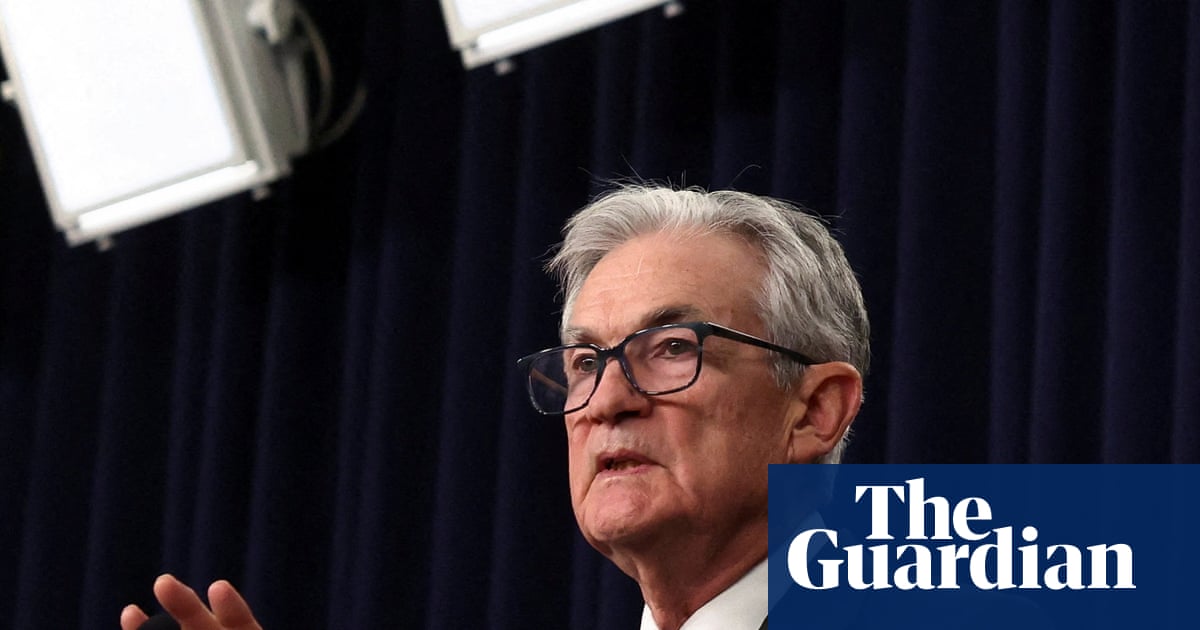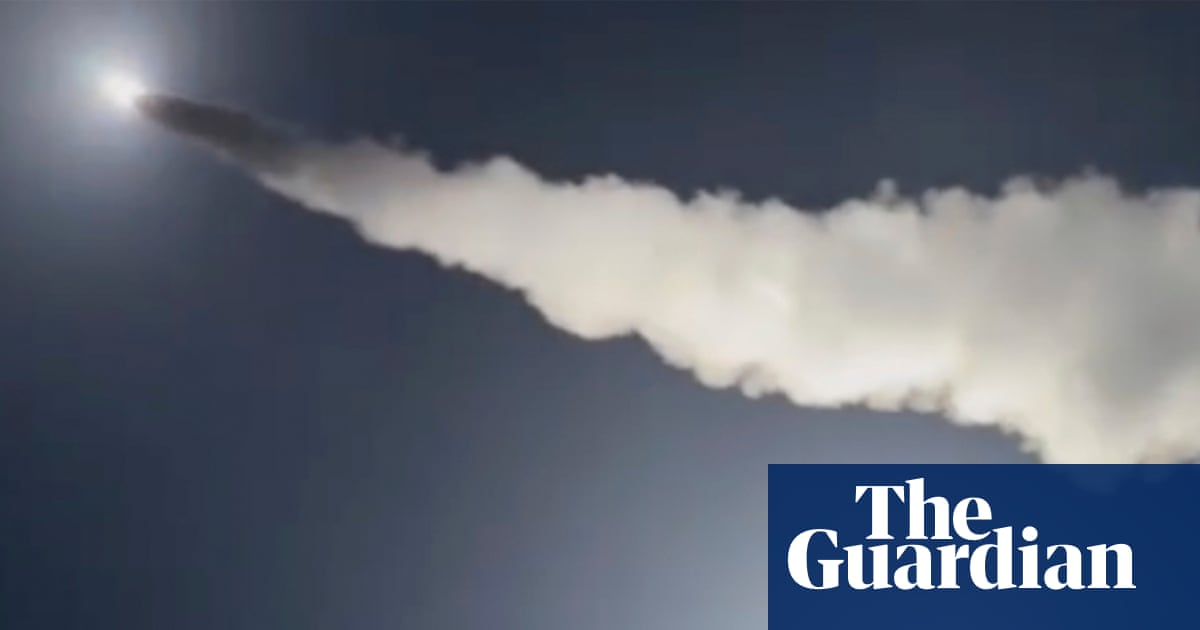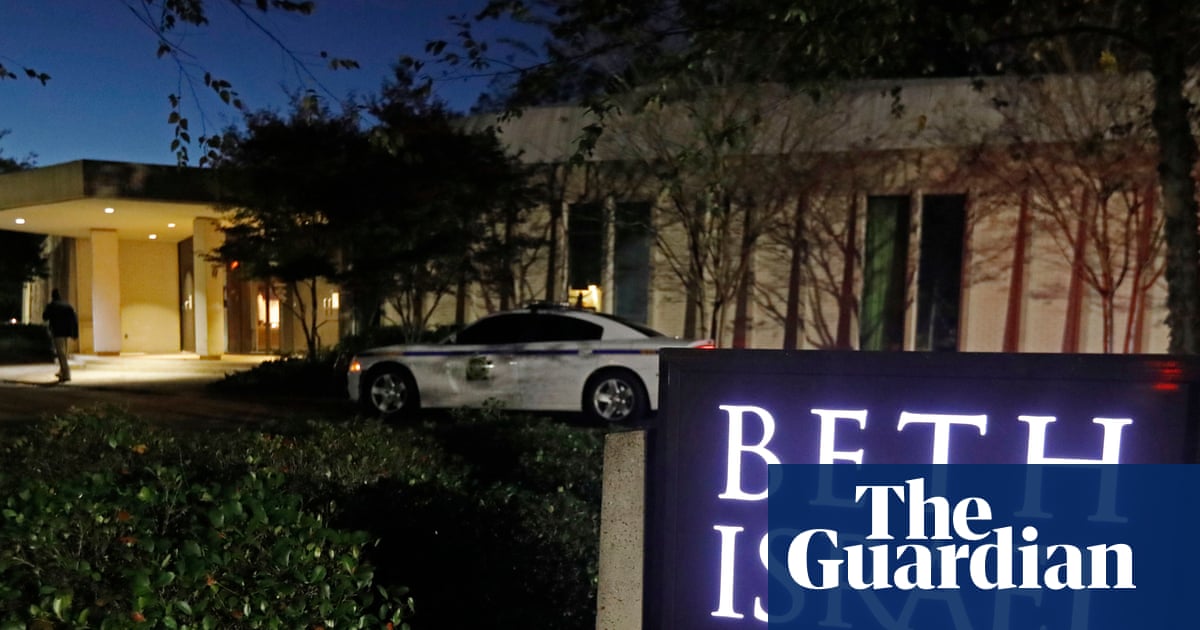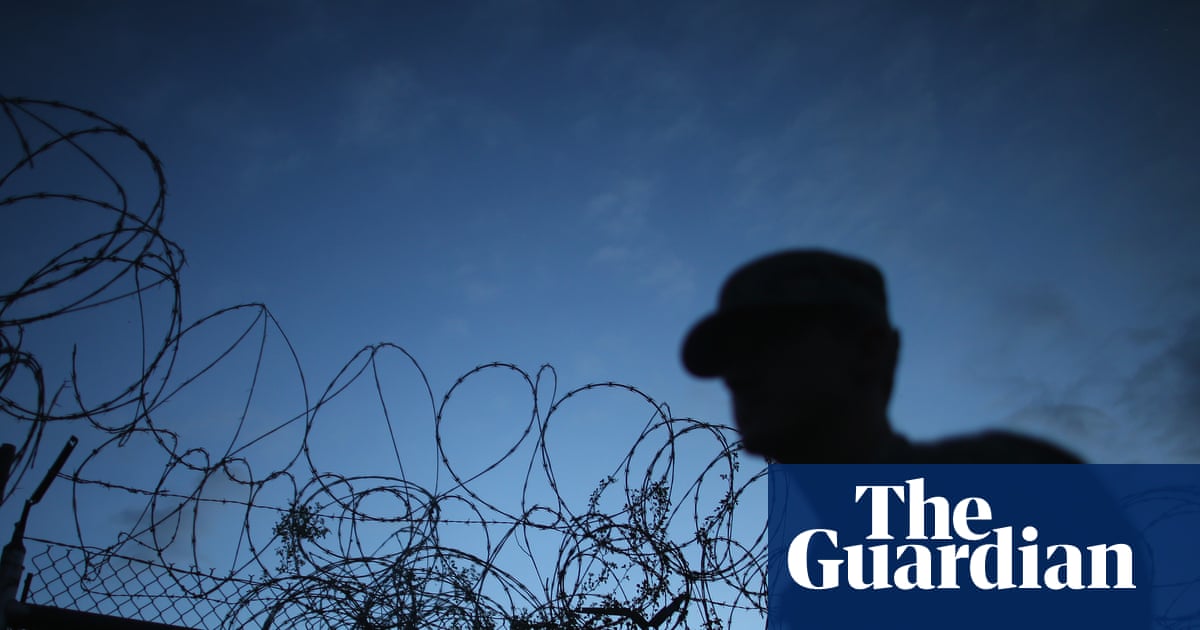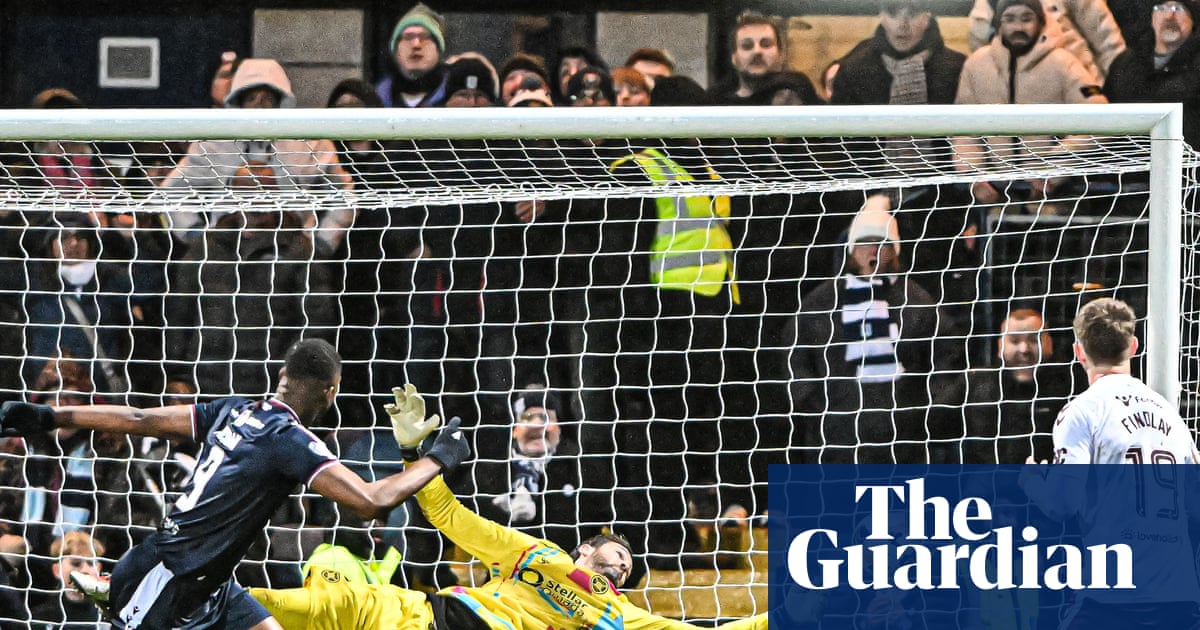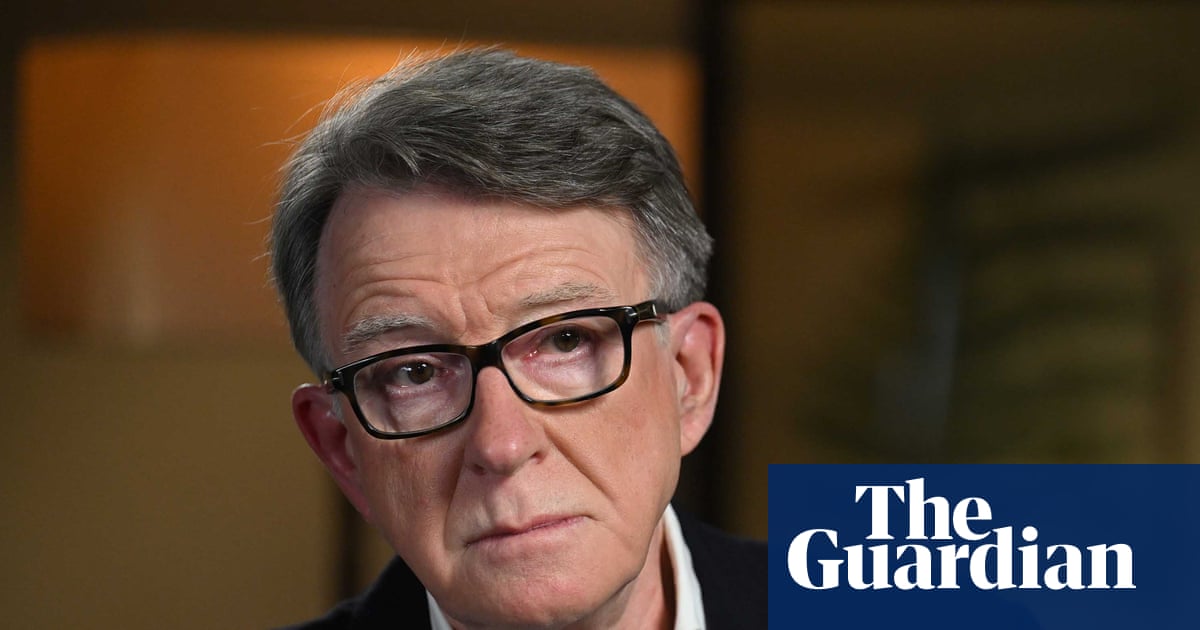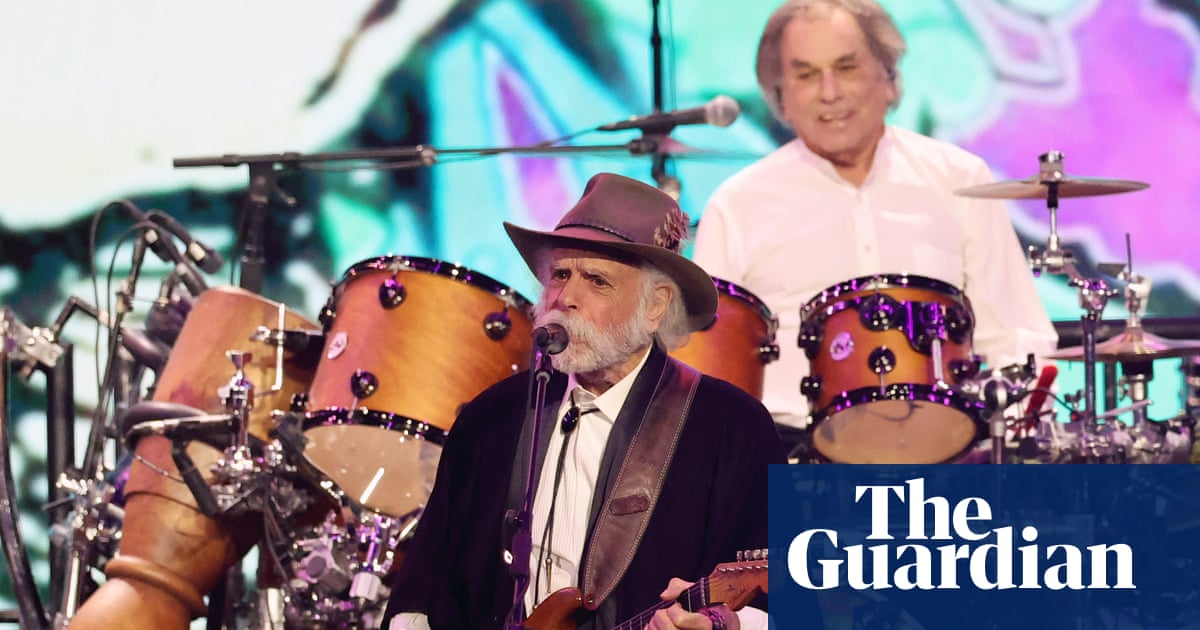As nationalistic rivalries go, few run as deep as India and Pakistan. But even as the neighbours fought wars against each other, carried out rival nuclear tests and conducted nightly shows of strength along their heavily militarised border, there was always one thing that brought them together: cricket.
But as the two sides came together on Sunday for a match in the Asia Cup tournament, the camaraderie that was once celebrated as cricket diplomacy had vanished.
At the end of the game – after India had won a crushing triumph – instead of the usual respectful handshake between the two sides, the Indian team simply walked off the field.
The match was the first meeting of the Indian and Pakistani teams since Delhi accused Islamabad of masterminding a terrorist attack in the disputed Indian region of Kashmir in April, which killed 26 people. Pakistan denied any involvement.
India launched an armed response and fired missiles into Pakistan, leading to four days of tit-for-tat hostilities and exchanges of fire in May that pushed the two nuclear-armed countries closer to all-out war than they had been in decades.
Speaking after the match, India’s captain, Suryakumar Yadav, said the decision not to shake hands had been a “team call”.
“We had come only to play,” Yadav told Indian media. “Some things are beyond sportsmanship. We dedicate this victory to our armed forces who took part in Operation Sindoor and stand with families of the victims of the Pahalgam terror attack.”
In response, Pakistan’s captain, Salman Ali Agha, did not attend the post-match ceremony. Pakistan’s coach, the New Zealander Mike Hesson, said their side had been “ready to shake hands at the end of the game. We were disappointed that our opposition didn’t do that.”
India’s actions were met with outrage in Pakistan. The team lodged a complaint with the International Cricket Council, calling for the referee to be removed – a demand the ICC refused. In a statement afterwards, the chair of the Pakistan Cricket Board, Mohsin Naqvi, said it was “utterly disappointing to witness the lack of sportsmanship today”.
“We have always advocated for sports and politics to be kept apart,” Naqvi said in an interview with the Guardian. “Cricket is a global sport that should unite rather than divide. Our concern has never been about individuals or governments, but about ensuring clarity, fairness in match protocols, and upholding the spirit of the game.”
On Wednesday night, amid threats by the Pakistan team to boycott the rest of the Asia Cup tournament, the match referee, Andy Pycroft, apologised to Agha, describing the handshake incident as a “miscommunication”.
After both sides qualified for the second group stage of the tournament, they will meet again on Sunday.
Observers said last week’s incident signalled the clear demise of cricket diplomacy – which until recently had helped keep politics off the field even at the lowest moments – and was evidence of just how much Indo-Pakistan relations had soured.
In 1987, Pakistan’s president, the army general Zia-ul-Haq, made a surprise visit to India to watch a Test match – part of what he called a “cricket for peace” initiative – as tensions were rising between the two countries.
Between 2004 and 2007, the two countries played four successful Test series on each other’s turf. In 2004, as the Indian team travelled to Pakistan, the Indian prime minister Atal Bihari Vajpayee told them: “Whether you win or lose doesn’t matter to me, but while you are there, you must win the hearts of the Pakistani people.”
However, since the Mumbai attacks of 2008, which were orchestrated by terrorist groups operating from Pakistan, such cross-border sportsmanship has been increasingly rare, with cricket and politics becoming visibly intertwined in both countries.

Under India’s Hindu nationalist prime minister, Narendra Modi, who was elected in 2014, cricket has become increasingly utilised as a political tool. The country’s largest cricket stadium was named after the prime minister, while the ICC, the sport’s powerful global governing body, is run by Jay Shah, the son of India’s home minister and Modi’s closest ally, Amit Shah.
In Pakistan, where the heavily jingoistic and anti-India military governs behind the scenes, the cricket board chair, Naqvi, is also the minister of the interior.
Sushant Singh, an Indian defence analyst who previously served in the Indian army, said that “instead of building fraternal ties and people-to-people contact”, the cricket field had now become “the site of playing out nationalist fantasies”.
The former Pakistan captain Shahid Afridi, who travelled to India several times for matches and described himself as a “staunch supporter of cricket diplomacy” lamented its loss. He said every time he had played over the border he “received a lot of love and support from Indians” and that in his two decades of playing, had “never witnessed such off-the-field behaviour from Indian players”.
“In the past, the wars and conflict between both countries did not stop cricket matches,” said Afridi. “We greeted each other with respect on the field and we did not see hatred among players. Even during tough times such as the Kargil conflict, we remained welcoming to each other and enjoyed meeting off the field as sportsmen.”
Osman Samiuddin, a senior editor at ESPNCricinfo and author of The Unquiet Ones: A History of Pakistan Cricket, said the two countries were now in an era where “the opposite of cricket diplomacy is happening”.
Citing other recent examples, such when India refused to travel to Pakistan for this year’s Champions Trophy, he said: “They are actually now taking out their hostility through cricket – it’s become both a vehicle and a proxy for the tense relations between the two countries.”
He warned that India’s actions at Sunday’s match, and the refusal by the ICC to censure the captain for it, could set a “a dangerous precedent for other players in the future” when it came to keeping politics out of the game.
Samiuddin said that given the regimes in both countries, he did not see a return of the old sporting camaraderie, on or off the field, anytime soon. “I just don’t think the political conditions in either country are encouraging enough for it.”

 3 months ago
94
3 months ago
94
